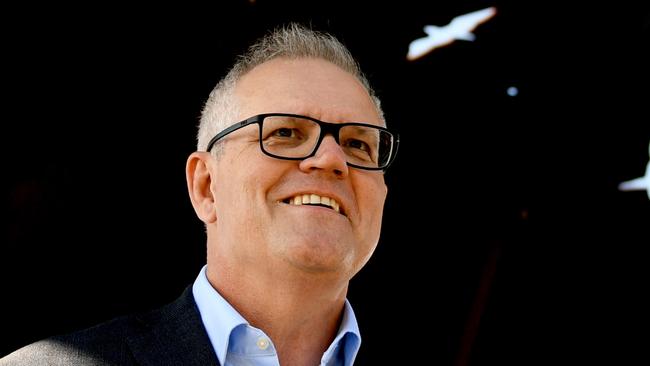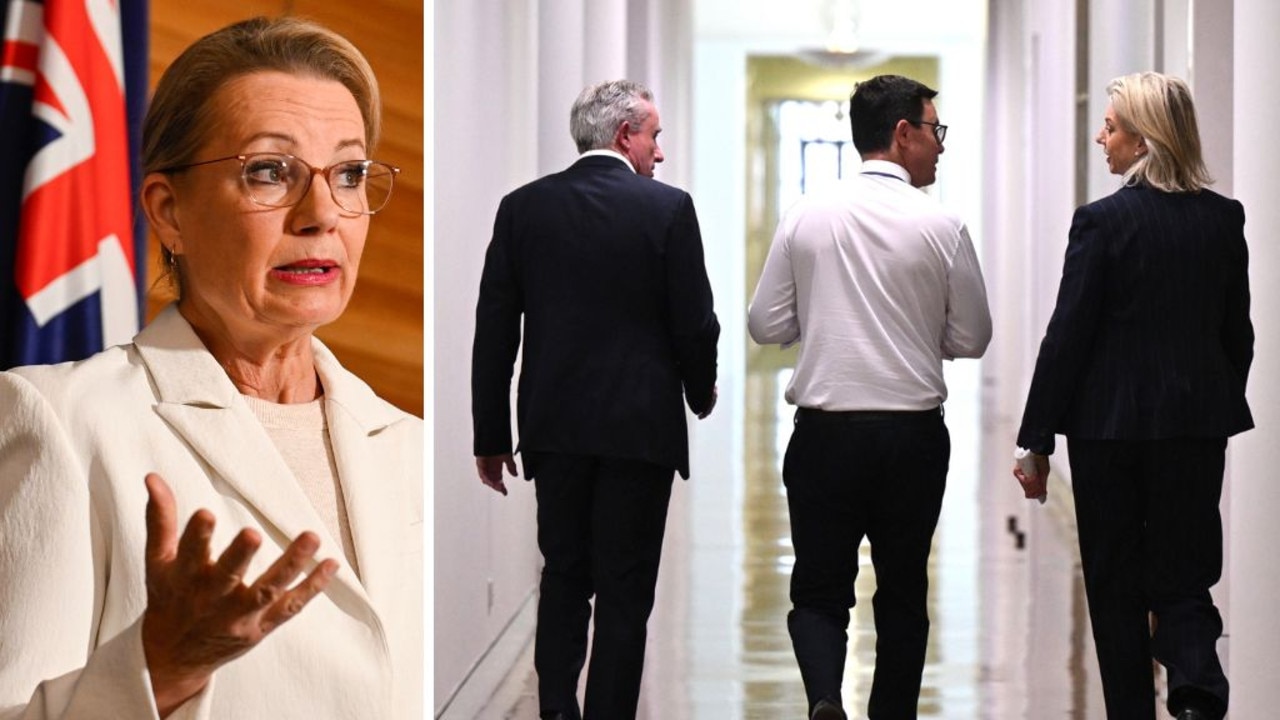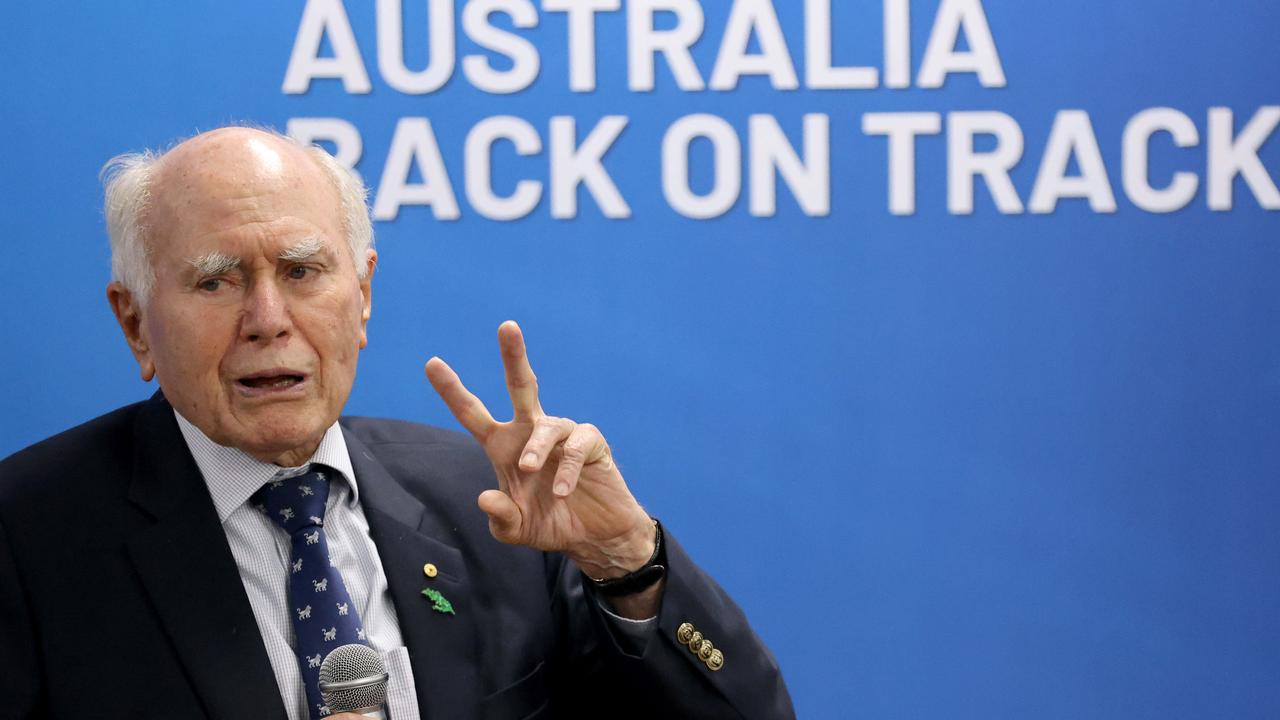
A year out from the election, the Prime Minister is desperate to get the government back on message: economic recovery, jobs, vaccine rollout, national security and reopening international borders.
Morrison has assembled a more balanced team and has rejuvenated key portfolios following the Linda Reynolds and Christian Porter scandals.
Peter Dutton’s move into Defence has already delivered results and has shifted the power balance inside the Australian Defence Force.
After years of defence ministers being influenced by senior military brass and department officials, Dutton will inject accountability and purpose in the portfolio amid rising tensions with China, increasing nation-state cyber attacks and the strategic contest in the Indo-Pacific.
On Monday, Dutton overruled Chief of the Defence Force Angus Campbell’s decision to strip citations from more than 3000 special forces soldiers as a “collective punishment” following the Brereton inquiry, and also played a role in establishing the Royal Commission into Defence and Veteran Suicide.
The Defence Minister left the Home Affairs portfolio in good shape for Karen Andrews, who faces the toughest assignment of all of Morrison’s promotions — namely, leading the government’s cyber and national security legislative agenda.
Foreign Minister Marise Payne, the most senior woman in government, also benefits from Dutton’s shift into Defence. She is navigating an increasingly complex pandemic landscape, dealing with the US-China contest and Beijing’s hostility towards Australia, while leading Morrison’s new Women’s Cabinet Taskforce.
The 24-year political veteran, who pushed legislation through parliament last year to scrap China’s Belt and Road Initiative agreements with the Victorian government and played a key role in developing the Quadrilateral Security Dialogue, has taken on a considerable workload.
New Attorney-General Michaelia Cash has an opportunity to reshape the government’s approach to industrial relations, religious freedoms and foreign interference ahead of the election. On religious protections, a 2019 election pledge stalled by the government ahead of the pandemic, Cash comes to the issue with a clean slate after faith-based groups expressed frustration with Porter’s inaction.
The government has scraped off some barnacles, but plenty remain. Before returning to business as usual, it needs to overcome significant challenges with the vaccine rollout, quarantine, and international borders.
Anthony Albanese’s move to the centre also has Coalition MPs and strategists worried. Learning from Bill Shorten’s mistakes, Labor has adopted a small-target policy approach and is shifting rhetoric around issues like coal, electric vehicles and the “big end of town”. Labor’s pressure point will come closer to the election when it finalises its policies around medium-term emissions targets and industrial relations.
After three-terms in government, Coalition MPs are concerned about polling trends in the battleground states. The Coalition’s recent dominance in Queensland and Western Australia is slipping.
Nationals MPs, urging caution around adopting more ambitious emissions targets, warn that a rump of central and north Queensland seats will come under threat. The retirements of Ken O’Dowd and George Christensen will make it tougher to retain Flynn and Dawson. Porter, who holds the WA seat of Pearce, is also considering his future.
While the Coalition is edging Labor in NSW, and is likely to pick-up seats there, it will need to stem any losses in WA, Queensland and Tasmania to claim a fourth term.




Scott Morrison’s forced ministerial reshuffle is already reaping success for the Coalition after a bumpy start to the year and sliding polls.